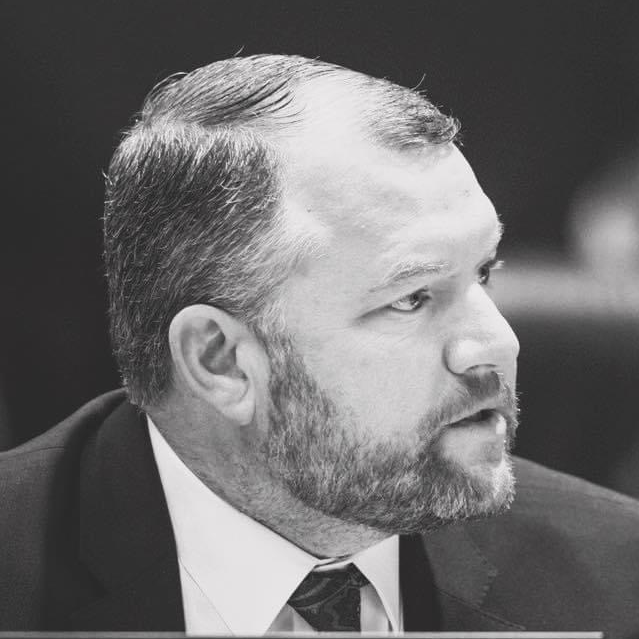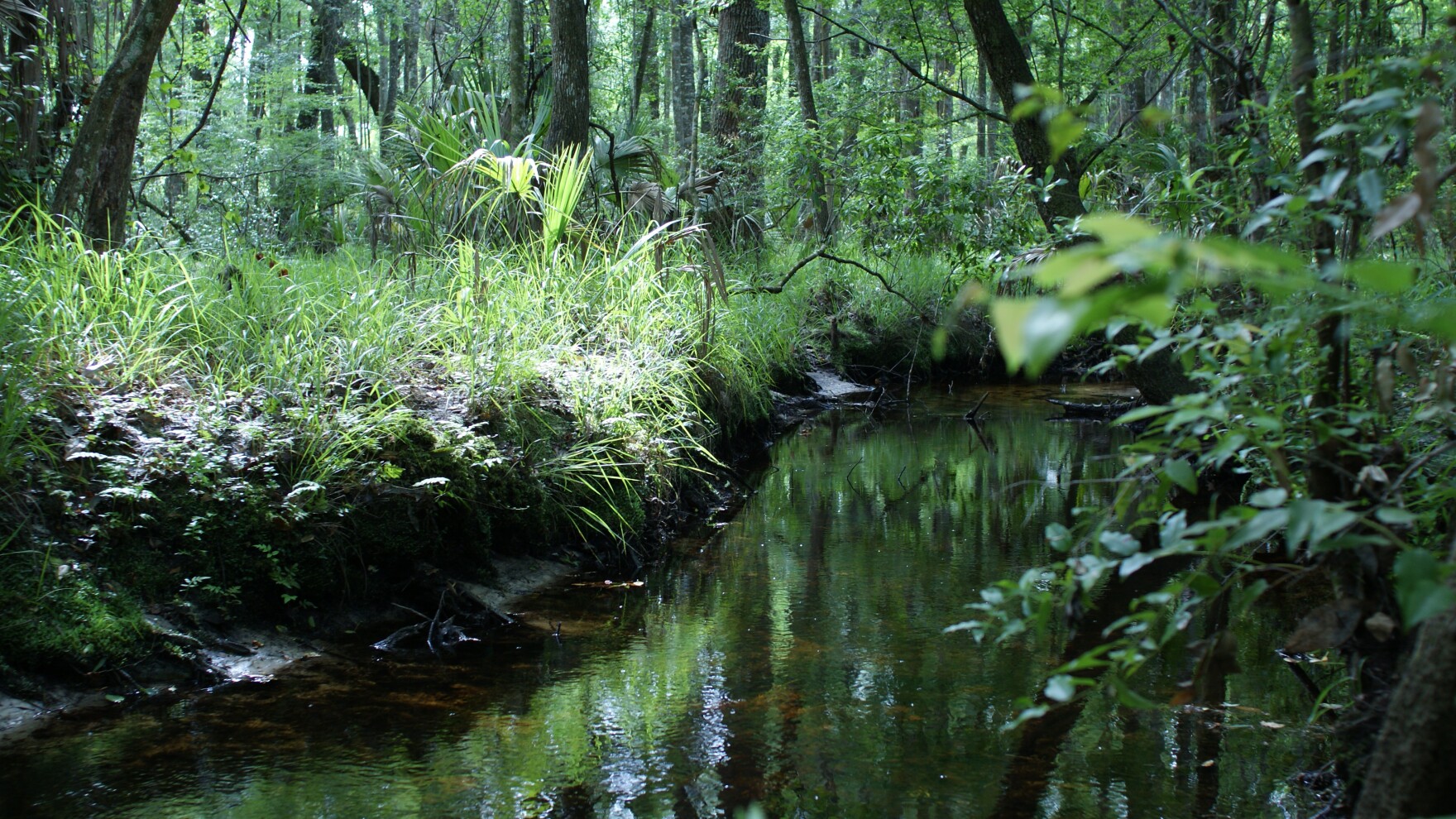
There is a reason why very few people lived in Florida until the middle of the 20th Century. It’s often intolerably hot, thunderstorms come out of nowhere and cause flooding, and periodically a hurricane will wipe out large swaths of whatever is in the mighty storm’s path.
It’s risky to live in Florida. Therefore, it is no surprise that insurance companies charge a lot of money to insure Florida homes and businesses against damage.
The Florida Legislature, which regulates insurance companies, is always struggling with what to do about rising property insurance rates. The Legislature passed a bill in 2021 to “reform” property insurance, and this week the Legislature met in a special session to pass yet another bill.
You will hear some blame rising rates on greedy trial lawyers filing too many lawsuits, and others blame insurance companies for mismanaging their finances.
What history tells us, though, is that Mother Nature shoulders the most responsibility for instability in the insurance marketplace. If Florida can avoid hurricanes and other major weather events for a few years, insurance companies will make money and build up reserves. If there are a bunch of damage and claims, the opposite will occur.
Unless the weather cooperates, the Legislature probably won’t be successful in keeping property insurance rates stable, regardless of what it does to modify the property insurance system.
In the long term, what our leaders can do to help the situation is continue to invest in infrastructure that protects people and property from the inevitable ravages of nature. This infrastructure includes the preservation of wetlands and other undeveloped property from development so that said lands can receive water that would otherwise damage homes and businesses and risk lives.
Fortunately, over the past few years, Governor DeSantis and the Legislature have invested record amounts of taxpayer dollars in such resiliency efforts.
Florida is a swamp. Therefore, it will always be wet, windy and, at times, inhospitable to man. It is also true that people will continue to move here.
It’s folly to try to wrestle with Mother Nature. Storms will come, seas will rise. Being clear eyed about the challenges to a growing population that are presented by these inevitabilities will be the ongoing challenge facing our state leaders.
If you really want to stabilize property insurance rates, focus on investments in resilience.







